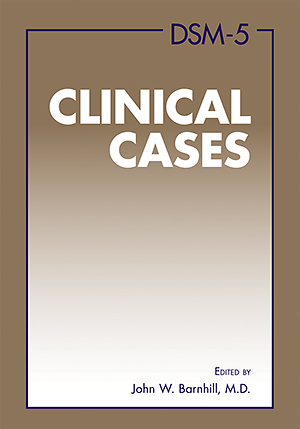Sections
Excerpt
Somatic symptom disorder (SSD) is a DSM-5 diagnosis that describes a cluster of patients who have distressing somatic symptoms along with abnormal thoughts, feelings, and behaviors in response to these symptoms. It is an umbrella term intended to describe most of the patients who had previously held such diagnoses as somatization disorder, pain disorder, and hypochondriasis, which appeared in the DSM-IV chapter on somatoform disorders. A key difference is that diagnosing SSD requires a search for positive symptoms, such as distress and dysfunction, rather than a search for a negative (ruling out medically unexplained symptoms). Patients can—and often do—have physiologically based medical diagnoses, but the new diagnosis allows the clinician to focus on the distress and abnormal thoughts, feelings, and behaviors rather than the validity of patients’ medical complaints.
Access content
To read the fulltext, please use one of the options below to sign in or purchase access.- Personal login
- Institutional Login
- Sign in via OpenAthens
- Register for access
-
Please login/register if you wish to pair your device and check access availability.
Not a subscriber?
PsychiatryOnline subscription options offer access to the DSM-5 library, books, journals, CME, and patient resources. This all-in-one virtual library provides psychiatrists and mental health professionals with key resources for diagnosis, treatment, research, and professional development.
Need more help? PsychiatryOnline Customer Service may be reached by emailing [email protected] or by calling 800-368-5777 (in the U.S.) or 703-907-7322 (outside the U.S.).



